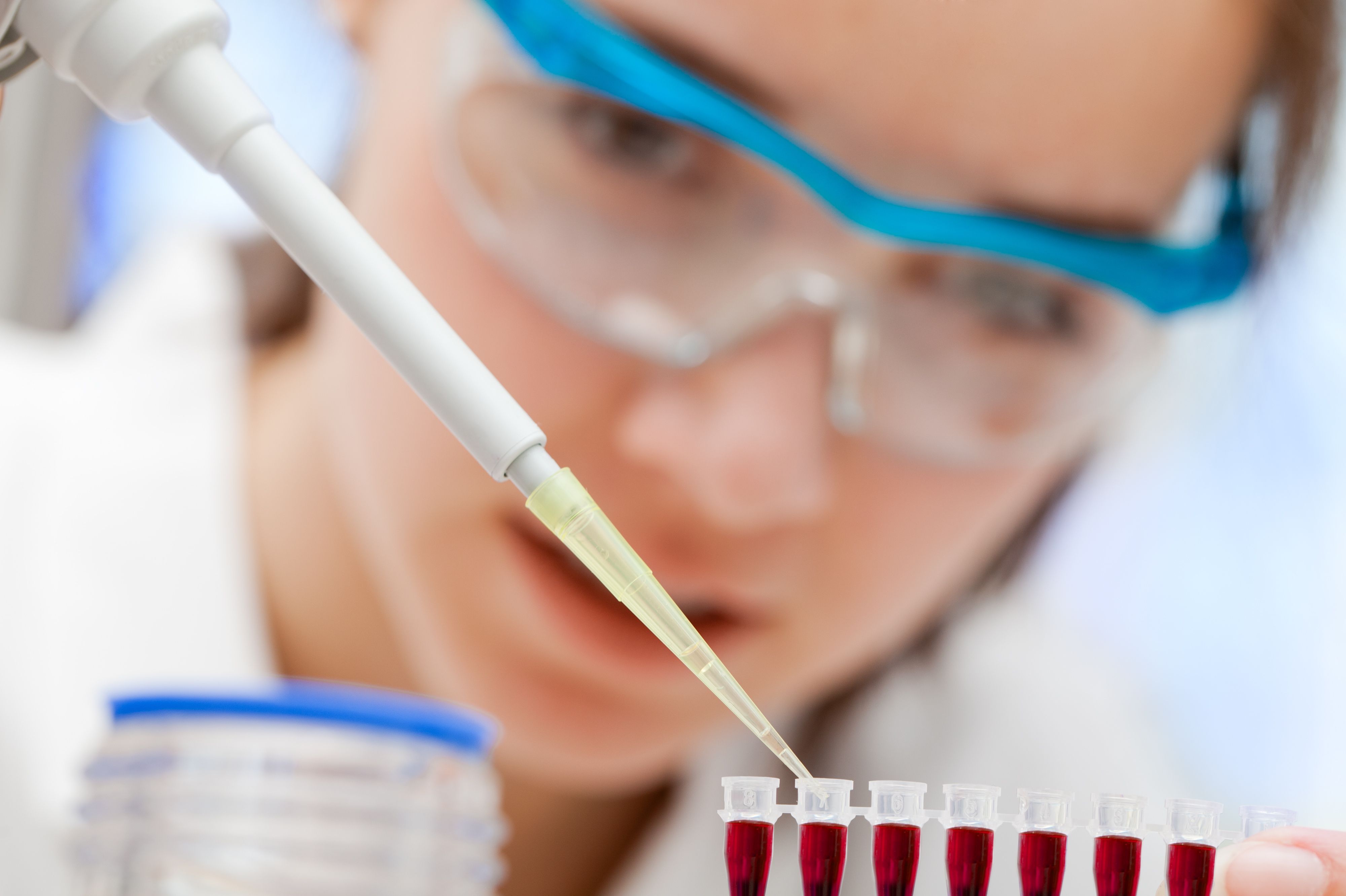
(Vienna, 16 April 2020) The "Medical-scientific fund of the Mayor of the federal capital Vienna" is financing a number of MedUni Vienna projects relating to coronavirus. Seven research projects were chosen for the first tranche of funding, of which five are being conducted at MedUni Vienna.
In a first tranche, the Board of Trustees of the "Medical-scientific fund of the Mayor of the federal capital Vienna" has allocated funding for several scientific research projects relating to coronavirus.
SARS CoV-2 specific T cell and antibody responses in COVID-19 patients: Establishment of standardized immunoassays
Project leader Judith Aberle, Center for Virology
Working in close collaboration with infectiologists Alexander Zoufaly, Marianna Traugott and Wolfgang Höpler (Head: Christoph Wenisch) from the Department of Medicine IV at Kaiser Franz Josef Hospital, the Center for Virology, led by Elisabeth Puchhammer-Stöckl, is conducting research to provide a better understanding of immune response in COVID-19. The research work should provide valuable insights into the pathogenesis of the disease and the spread of the virus pandemic and improve the accuracy of serological diagnosis.
Judith Aberle's research group is investigating cellular defence mechanisms in patients with severe COVID-19. These components of the immune system are primarily responsible for the production of virus-neutralising antibodies to combat the SARS coronavirus. This theme is one of the Center for Virology's main focuses and is closely linked with the other areas of research such as e.g. molecular viral research and clinical virology. The aim is to gain a better understanding of the role of immune response in severe cases of the disease. In addition to this, the project will provide valuable data about long-term immunity following a SARS infection and will ultimately create the basis for evaluating vaccines.
Diagnosis of SARS-CoV-2 infections and assessment of seroprevalence in medical personnel and blood donors using antibody assays with the highest performance
Project leader Lukas Weseslindtner, Center for Virology
Lukas Weseslindtner will evaluate different antibody tests for clinical COVID-19 diagnosis and use the data obtained for the purposes of seroepidemiological studies. Especially in protracted disease courses, in which there is increased viral replication in the lungs and a decline in the viral concentration in the throat, antibody tests might provide a crucial supplement to PCR-based diagnosis. The individual stage of infection will be determined as accurately as possible by measuring the kinetics of various immunoglobulin classes, in combination with specificity analyses using immunoblotting. An optimised serological test protocol will be used to prospectively determine changes in the seroprevalence (increasing seroconversion rate) in two relevant study cohorts (medical staff and blood donors) to provide valuable information about the progression of the pandemic.
Diagnostic Procedures, Incidence and Outcome of Pulmonary Embolism during the Corona Virus Disease (COVID-19) Outbreak – a retrospective analysis comparing 2018-2020
Project Leaders: Cihan Ay and Stephan Nopp, Department of Medicine I, Division of Hematology and Hemastaseology
Examination of the influence of the coronavirus (COVID-19) pandemic including its health policy measures in terms of diagnostic procedures, incidence and severity of pulmonary embolism during the coronavirus (COVID-19) pandemic.
Coagulation testing in critically ill patients: A new approach using the thrombomodulin-modified thrombin generation test (TGA-TM)
Project Leader: Lukas Infanger, Department of Anesthesia, Critical Care and Pain Medicine, Division of General Anesthesia and Intensive Care Medicine
Critical infections and changes in blood clotting go hand-in-hand. Nearly all critically ill Covid-19 patients exhibit changes in blood clotting behaviour but standard laboratory tests are not able to map these changes in any detail. The team in the Coagulation Working Group is using a new coagulation test and hopes that this will improve our understanding of the pathogenesis of clotting disorders in Covid-19.
System for monitoring the resilience of the healthcare system with particular emphasis on Austria-wide structural capacities
Project leader Alexandra Kautzky-Willer, Department of Medicine III, Division of Endocrinology and Metabolism, Stefan Thurner and Peter Klimek, Institute of the Science of Complex Systems
The aim of this project is to estimate how vulnerable the Austrian healthcare system is to shocks. This will help to identify weaknesses, to forecast patient flows and to highlight any particularly vulnerable groups of people. The results will be plotted on easy-to-understand interactive maps. They will serve as a starting point for modelling the economic consequences of the coronavirus crisis and for an optimal restart.